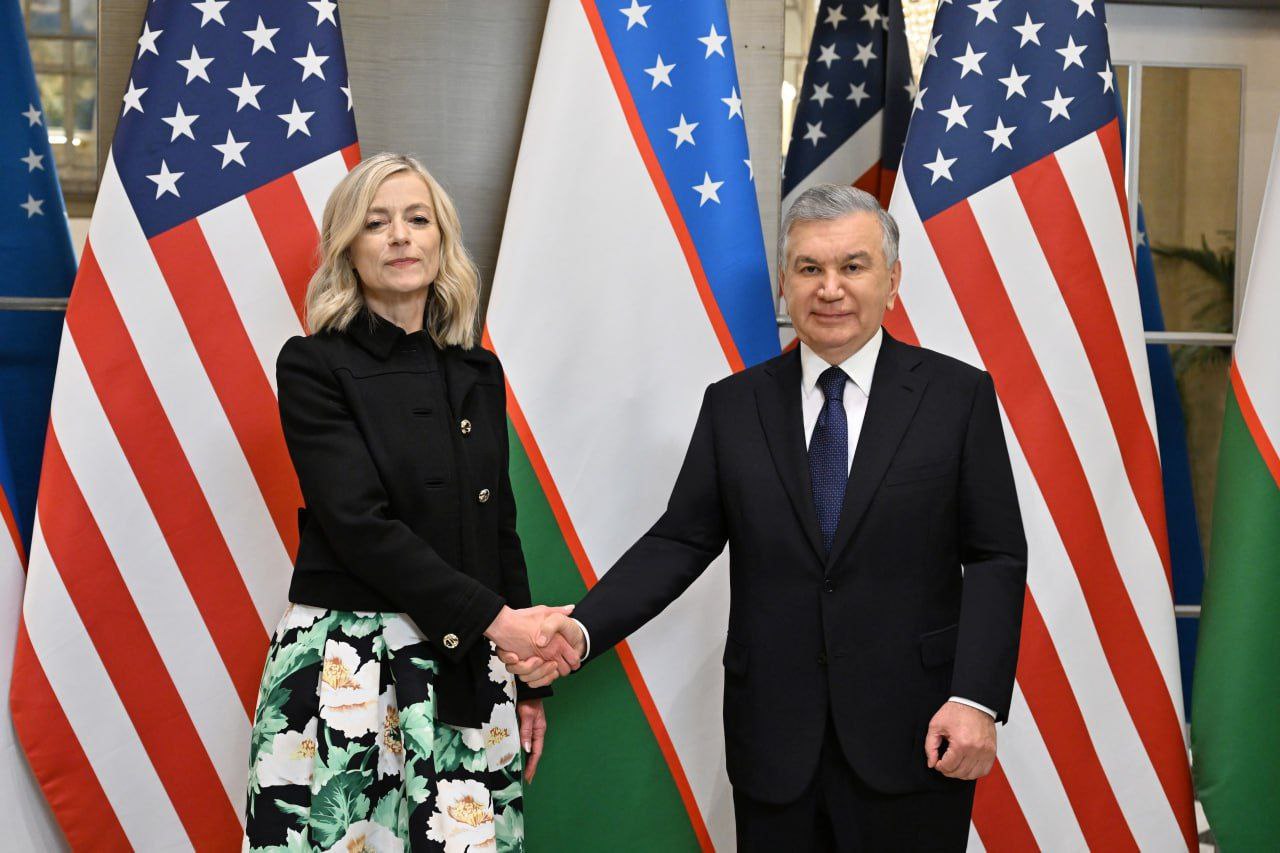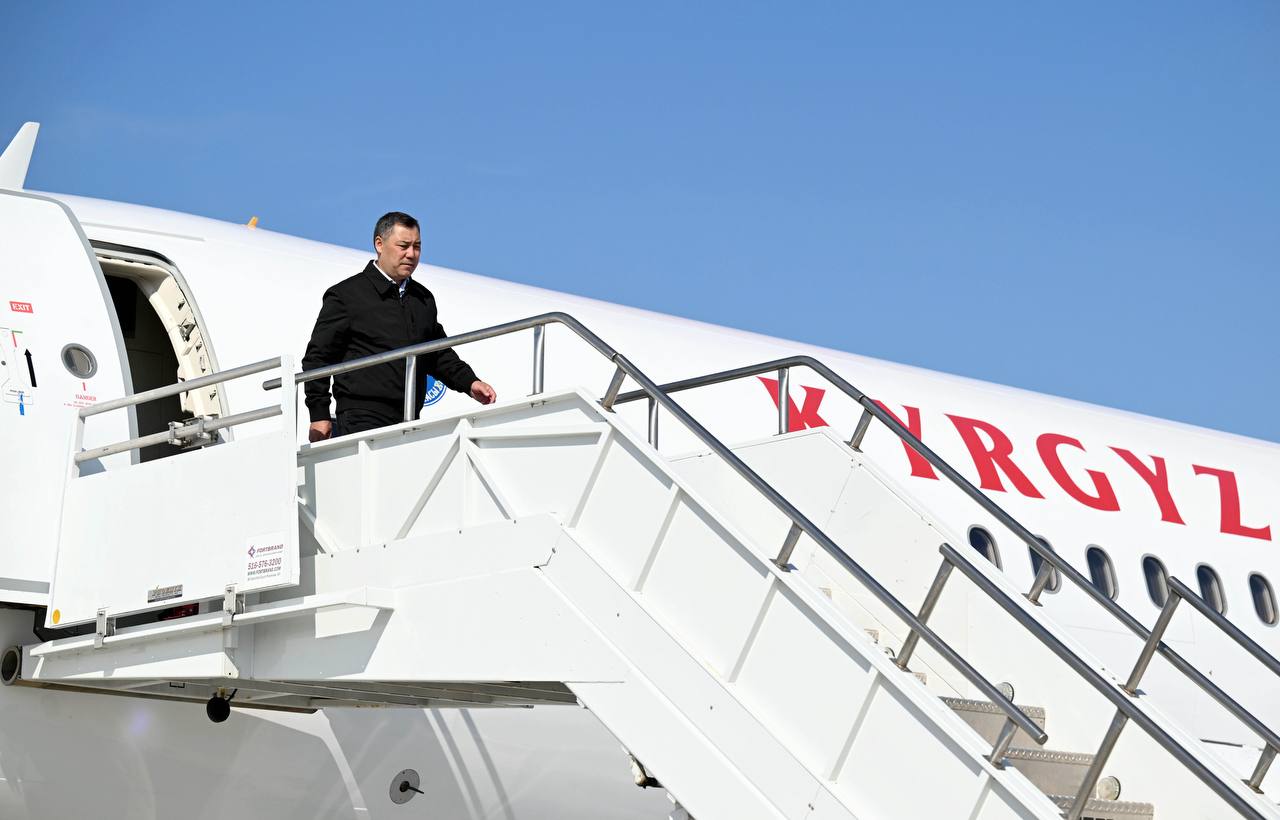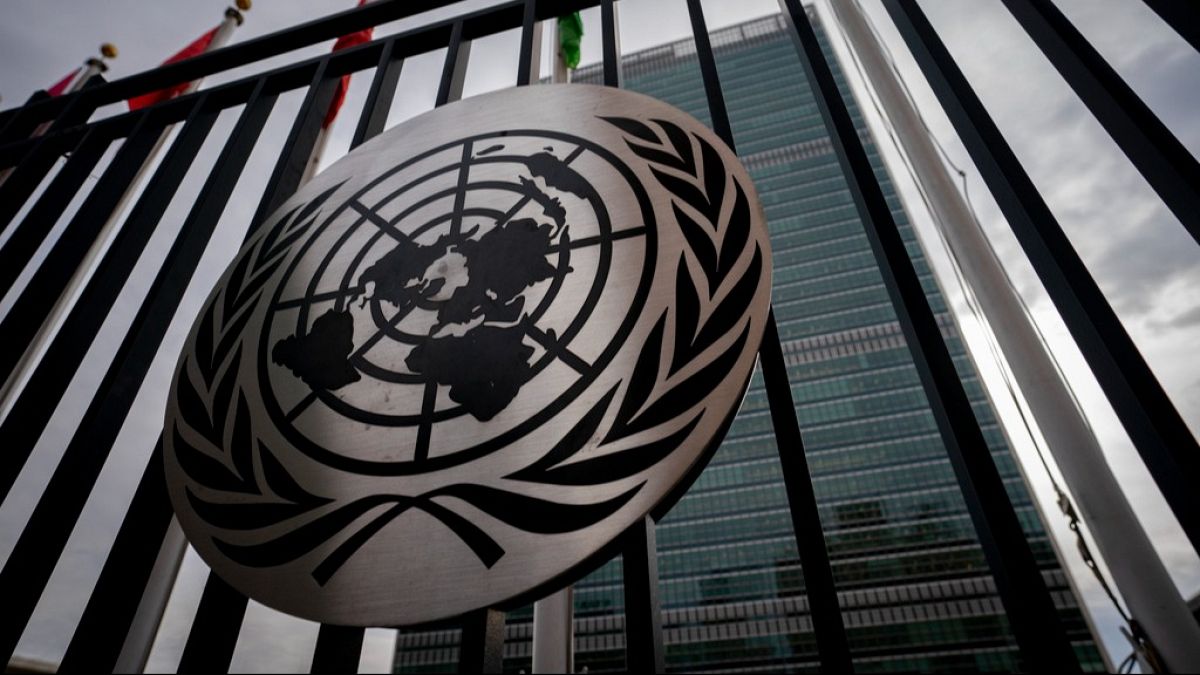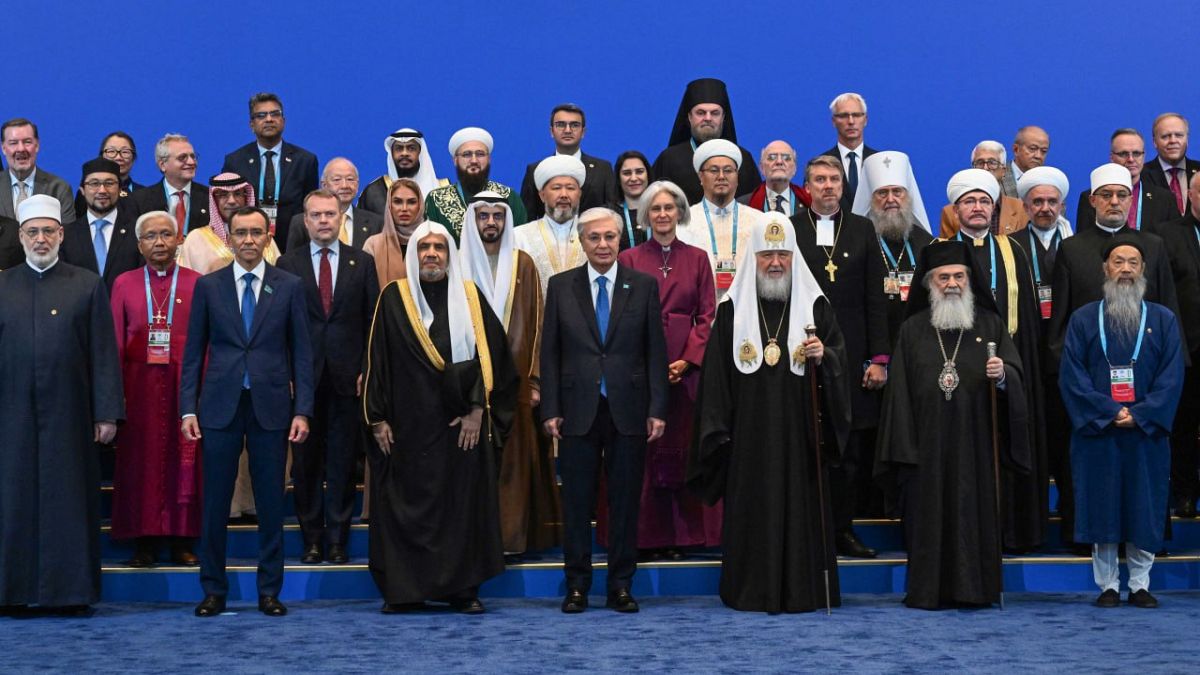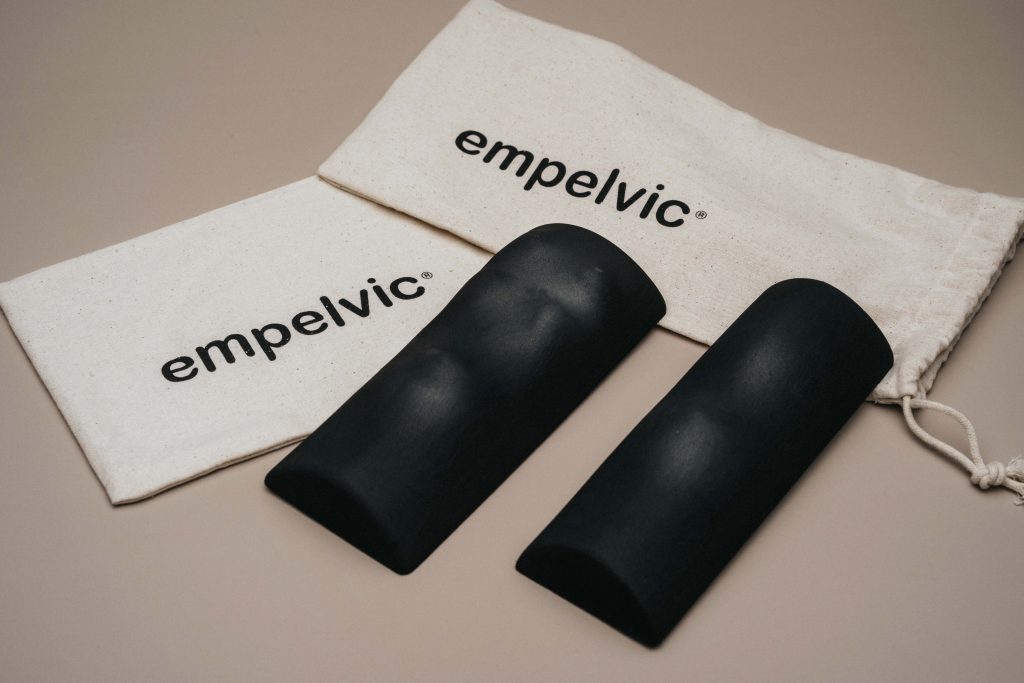CJEU ruling: Legal training must be accessible throughout the EU

Luxembourg/Brussels/Vienna – The Austrian regulation, according to which part of the training period of a trainee lawyer must be completed with a lawyer based in Austria, is not compatible with the freedom of movement for workers: This was ruled by the European Court of Justice (ECJ) on Thursday in case C-807/23, Jones Day. The completion abroad is equivalent if it allows for comparable experiences as the training in Austria, according to the ECJ.
In order to work as a lawyer in Austria, a five-year practical training must be completed. At least three years and seven months of this must be completed in Austria, with at least three years under a lawyer. An Austrian trainee lawyer completed her practical training at the law firm Jones Day in Frankfurt am Main, where she was trained by an Austrian lawyer. The Vienna Bar Association refused to register her in the list of trainee lawyers and to issue her a certificate of limited representation authority, citing the above regulation.
Affected party appealed to the Supreme Court
The affected party challenged this rejection before the Austrian Supreme Court. Upon inquiry, she informed the Vienna Bar Association that her work exclusively related to Austrian law. The court then asked the ECJ whether the regulation, which requires part of the practical training period of a trainee lawyer to be spent domestically, violates the freedom of movement for workers.
In its ruling today, the ECJ responds to the Austrian Supreme Court that the relevant EU regulation should be interpreted as being contrary to a regulation of a member state such as the Austrian one. The disputed requirement is intended to ensure that the lawyer has acquired sufficient experience in the practice of national law and with contacts to the Austrian authorities and courts. However, it goes beyond what is necessary to achieve these goals.
According to the ECJ’s view, completing the practical training with a lawyer registered in Austria but established in another member state, along with proof that this provides comparable experiences as in Austria, meets the objectives of the Austrian regulation. This appears to be less restrictive than the limitation caused by the questioned regulation, the ECJ rules. The European Court of Justice never rules on a specific case but only on the interpretation of EU law.


